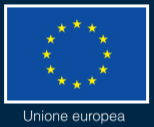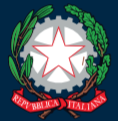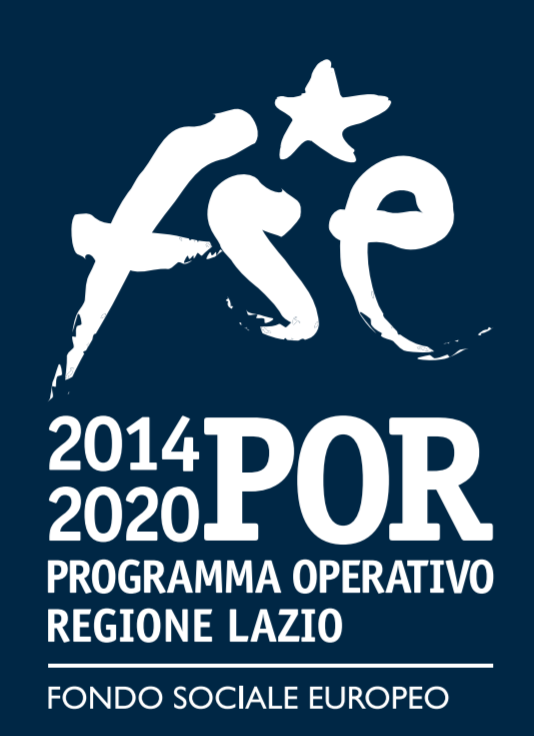Ontologia - Open Data Lazio
Ontologia deriva da due parole greche che significano "essere" (nel senso di qualcosa che "è") e "studio". prima che l'informatica pervadesse le nostre vite, si trattava di un ramo della filosofia che esporava i concetti inerenti all'esistenza e alla realtà.
L'ontologia tentava di classificare, descrivere e trovare relazioni tra oggetti che esistono, cioè tra le cosiddette "entità".
Ontology comes from two Greek words that mean "being" (something that "is") and "study" and, until computer science pervaded our lives, it was a philosophical branch that explored the concepts related with existence and reality. Ontology tried to categorize, describe and find relations between things that exist, that is "entities". Now in IT the meaning is not changed so much, even better, in respect of analytical philosophy, ontology is supported by a formal way to describe the reality or a portion of it.
Ontology is a concept modeling of a portion of reality, observed and analyzed from a specific point of view and formalized by means of a formal language that has rules and syntax.
In an ontology the following concepts are always present:
- classes (collections of individual objects that share the same characteristics),
- properties (the characteristics of an object),
- relations (the relationships that can exists among classes or individuals)
and other can be pointed out optionally: individuals, constraints, axioms…
A formal syntax to define an ontology is OWL (Web Ontology Language) or RDF, but other exist: they all can describe the fundamental aspects of a knowledge domain, with differences that make one more powerful when facing fine features of the modeling. The very same OWL actually is a family of three different languages with crescent capabilities. The important concept is that all these languages can be intepreted by machines and not only by humans.
For the publication of environmental Linked Open Data, the model shown in the figure was used.

In particular, the ontologies prepared by AgID and available at the following addresses were reused https://github.com/italia/daf-ontologie-vocabolari-controllati/blob/master/README.md
Ontologie riusate:
- Sosa Ontology: Semantic Sensor Network Ontology (https://www.w3.org/TR/vocab-ssn/) used for the description of sensors and observations.
- Dublin Core: Dublin Core Metadata Initiative (https://www.dublincore.org/specifications/dublin-core/dcmi-type-vocabulary/)
- Geonames Ontology (http://www.geonames.org/ontology/documentation.html) used for the description of locations






